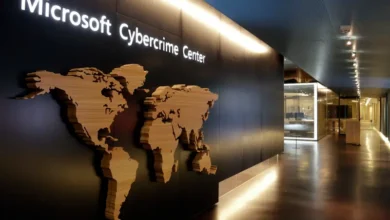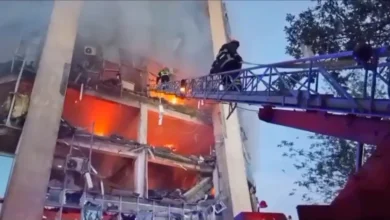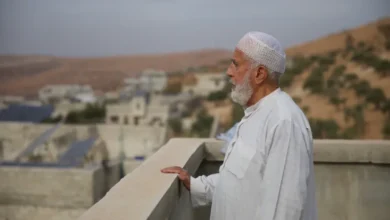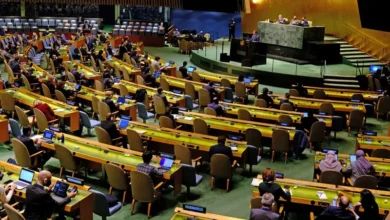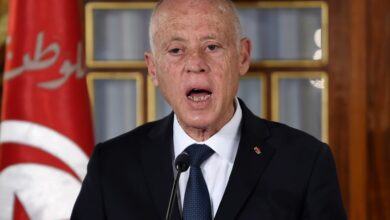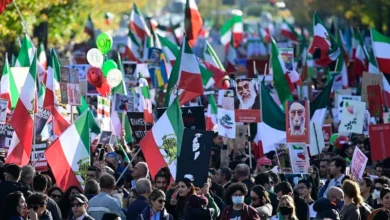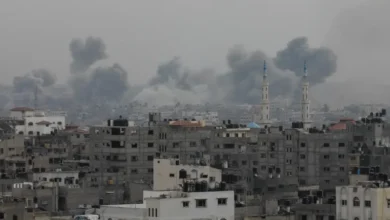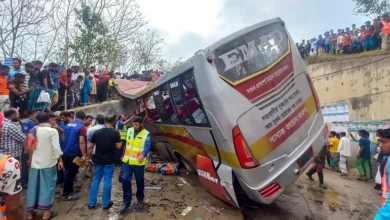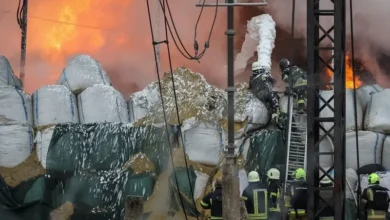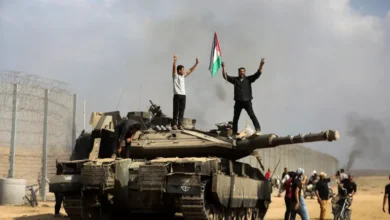RSF atrocities pile up in Darfur after 100 days of Sudan fighting
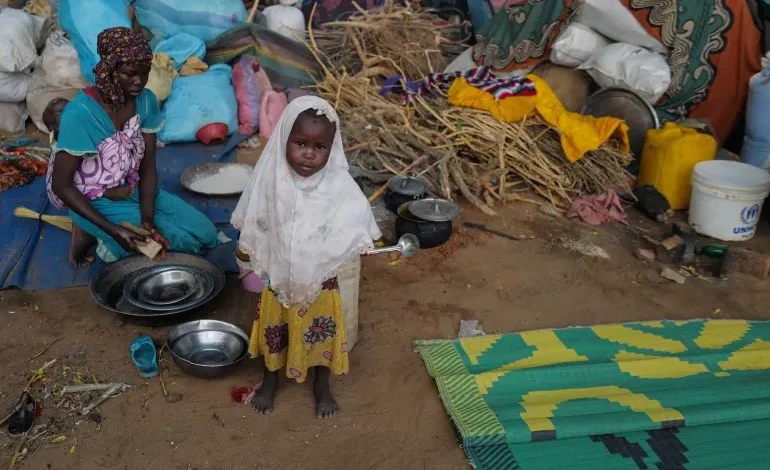
On June 12, Faisal Suliman* left his home in Sudan’s West Darfur state and trekked to the Chadian border in the pouring rain. If he stayed put, the human rights activist said, he would have certainly been killed.
Suliman was accompanied by dozens of young men on the perilous journey fleeing the months-long violence. As non-Arabs, they are of what several analysts and survivors have described as a campaign of genocidal violence in West Darfur.“I lost 27 of my friends. One of them was like my younger brother. I was teaching him to be a human right defender like myself,” Suliman told Al Jazeera by phone.
After 100 days of war in Sudan, the most harrowing atrocities have occurred in West Darfur where reports of mass graves, summary executions and burned villages have been documented and verified by the United Nations and rights groups.
Survivors say the government’s army has failed to protect civilians, while the paramilitary Rapid Support Forces (RSF) has spearheaded the killings along with its Arab tribal allies. Both sides are fighting to vanquish the other in Sudan, with the capital Khartoum and the Darfur region bearing the brunt of the violence.
Violence in Darfur is historically rooted in land and water disputes between Arab and non-Arab communities – a tension Sudan’s former president Omar al-Bashir exploited to stay in power. During the first civil war in Darfur in 2003, al-Bashir countered a mostly non-Arab armed uprising by recruiting and arming Arab militias who were repackaged into the RSF in 2013.

